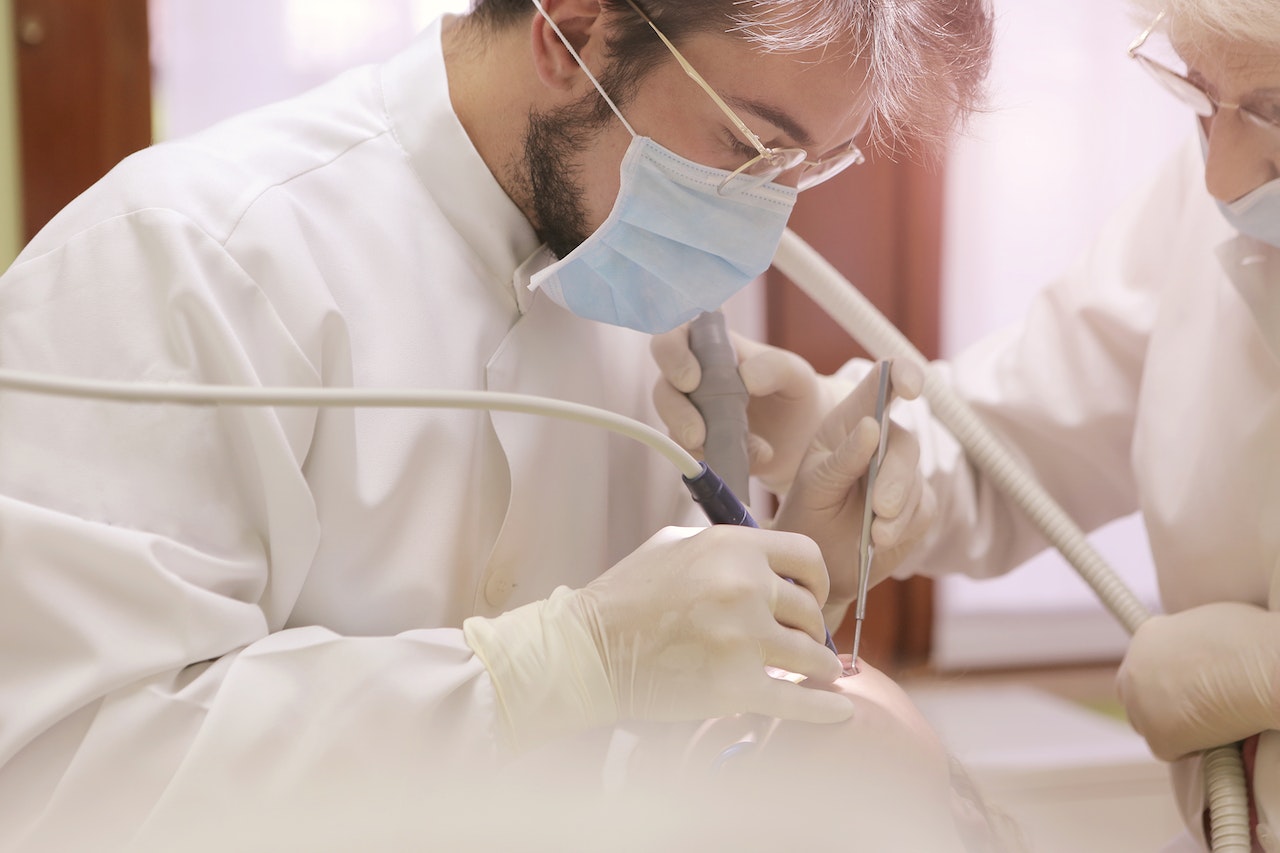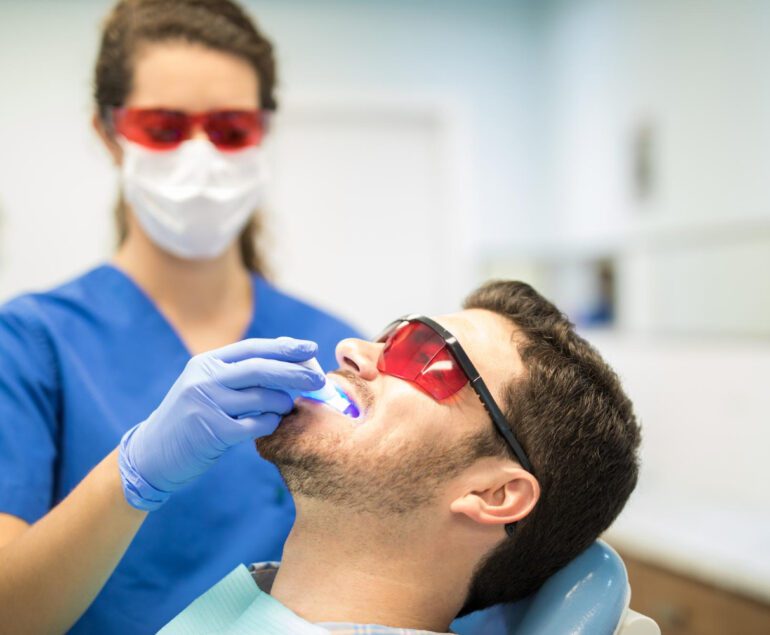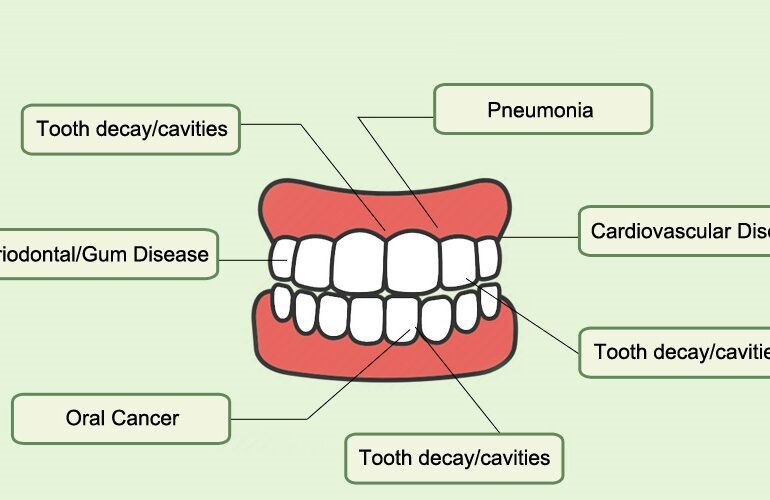As individuals enter their senior years, prioritizing oral health becomes increasingly critical. Proper dental care not only ensures a radiant smile but also contributes significantly to overall well-being. This article aims to provide invaluable insights and practical tips for senior dental care, empowering individuals to maintain exceptional oral health while gracefully navigating the aging process.
- Establish a Consistent Oral Hygiene Routine:
Maintaining a regular oral hygiene routine is paramount for seniors. It is essential to diligently brush your teeth at least twice daily using a soft-bristled toothbrush and fluoride toothpaste. Equally important is cleaning the tongue and gums. Additionally, daily flossing assists in plaque removal and prevention of gum disease. - Utilize Dental Products Catered to Seniors:
Consider incorporating dental products specifically designed for the unique needs of seniors. These may include toothbrushes featuring larger handles for improved grip, electric toothbrushes for enhanced brushing efficacy, or water flossers as a convenient alternative to traditional flossing. For personalized recommendations, it is advisable to consult with your trusted dentist. - Prioritize Adequate Hydration:
Sufficient hydration is vital for overall health, including oral well-being. Seniors are often susceptible to dry mouth, which can lead to various dental complications. To combat this, ensure an ample intake of water throughout the day. If dry mouth persists, consulting your healthcare provider to evaluate medications contributing to this condition is recommended. - Uphold Regular Dental Check-Ups:
Regular dental check-ups are paramount for seniors. It is advisable to schedule dental appointments every six months or as advised by your dentist. These visits facilitate proactive monitoring of oral health, early detection of potential issues, and timely administration of necessary treatments. Professional cleanings are often included in these check-ups to eliminate plaque and tartar buildup effectively. - Remain Vigilant About Gum Disease:
Seniors are particularly susceptible to gum disease, which can lead to tooth loss and further health complications. Staying alert for signs of gum disease, such as redness, swelling, bleeding gums, or persistent bad breath, is crucial. If any of these symptoms manifest, promptly contacting your dentist for a comprehensive examination and appropriate treatment is advised. - Proper Maintenance of Dentures or Dental Implants:
For individuals utilizing dentures or dental implants, meticulous care is imperative. It is essential to clean dentures daily and soak them overnight using the recommended cleaning solution. Regarding dental implants, adhering to the oral hygiene and maintenance instructions provided by your dentist is crucial. Regular check-ups ensure their optimal functionality and longevity. - Embrace a Well-Balanced Diet:
Maintaining a balanced diet significantly contributes to both overall health and oral well-being. Emphasize the inclusion of nutrient-rich foods such as fruits, vegetables, whole grains, lean proteins, and dairy products. Conversely, limiting the consumption of sugary and acidic foods and beverages helps mitigate the risk of tooth decay. Proper nutrition provides the essential vitamins and minerals necessary for healthy teeth and gums. - Engage in Smoking Cessation:
Smoking poses considerable threats to oral health, increasing the likelihood of gum disease, tooth loss, and oral cancer. Seniors who smoke should consider embarking on a smoking cessation journey to enhance both oral health and overall well-being. Seeking guidance from healthcare providers or joining smoking cessation programs can provide invaluable support during this process.
Conclusion:
Preserving excellent oral health is paramount for seniors to relish a vibrant and comfortable life. By conscientiously following these practical tips for senior dental care, individuals can safeguard their natural teeth, proactively prevent dental issues, and actively contribute to their overall well-being. Regular consultations with trusted dentists for tailored advice and professional care remain essential.




